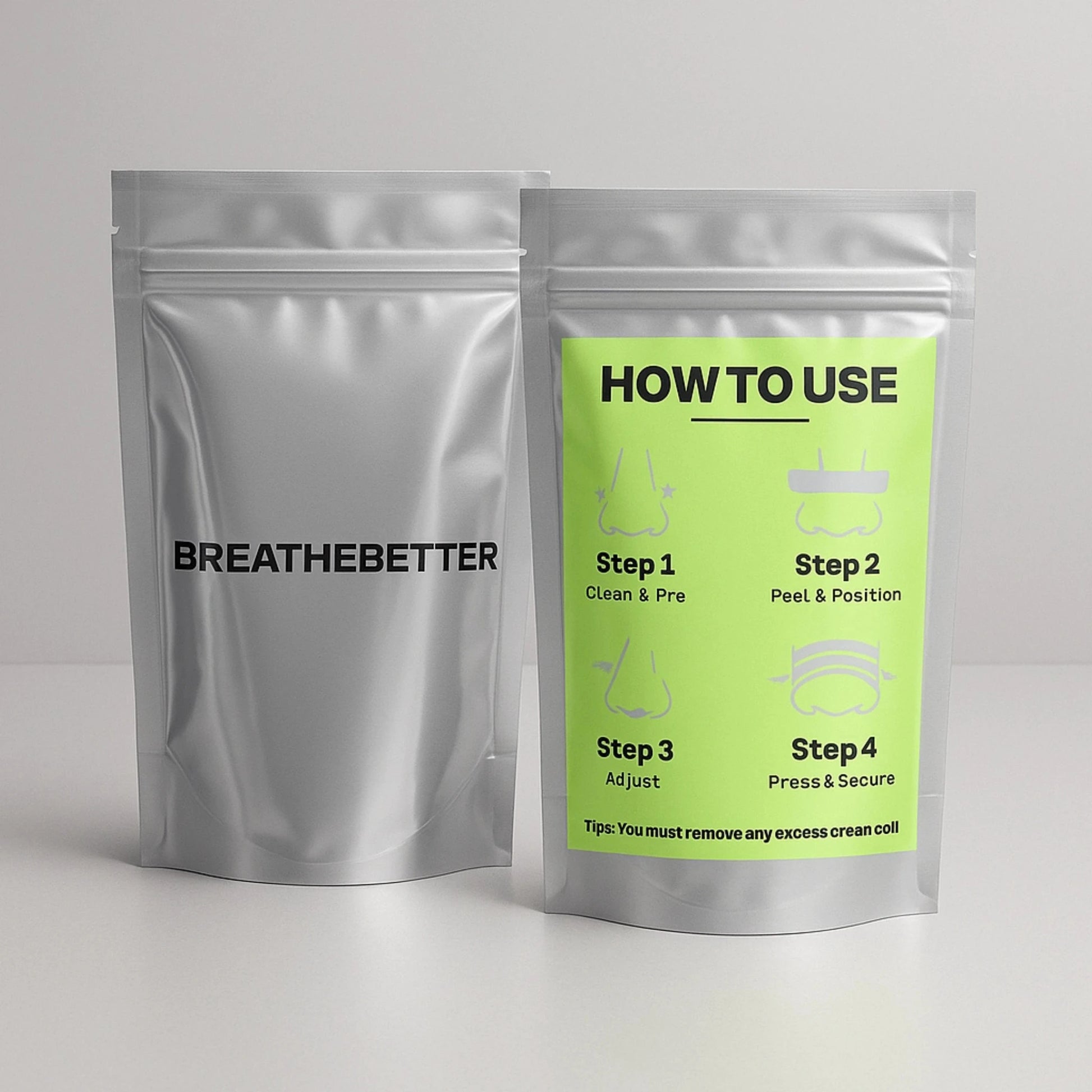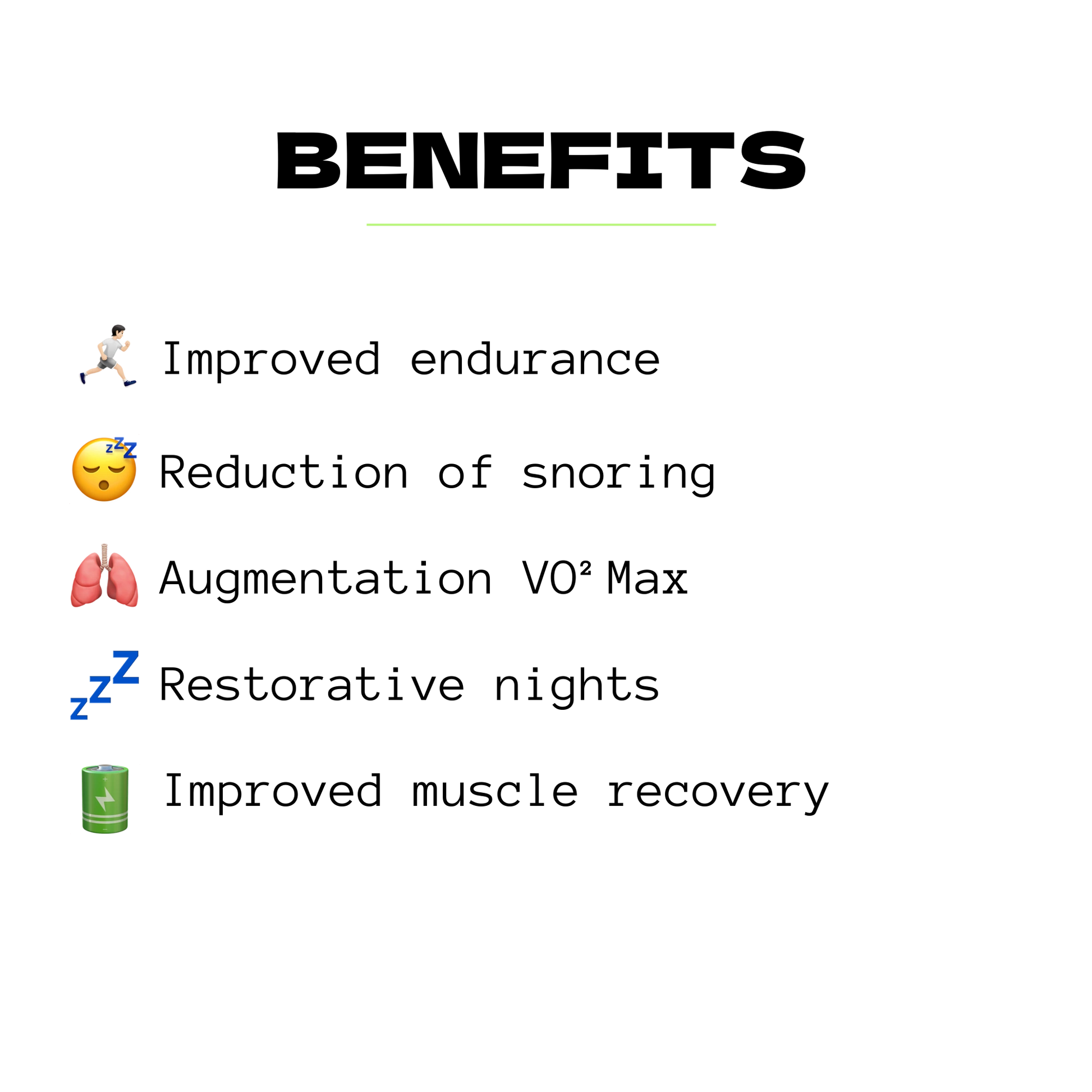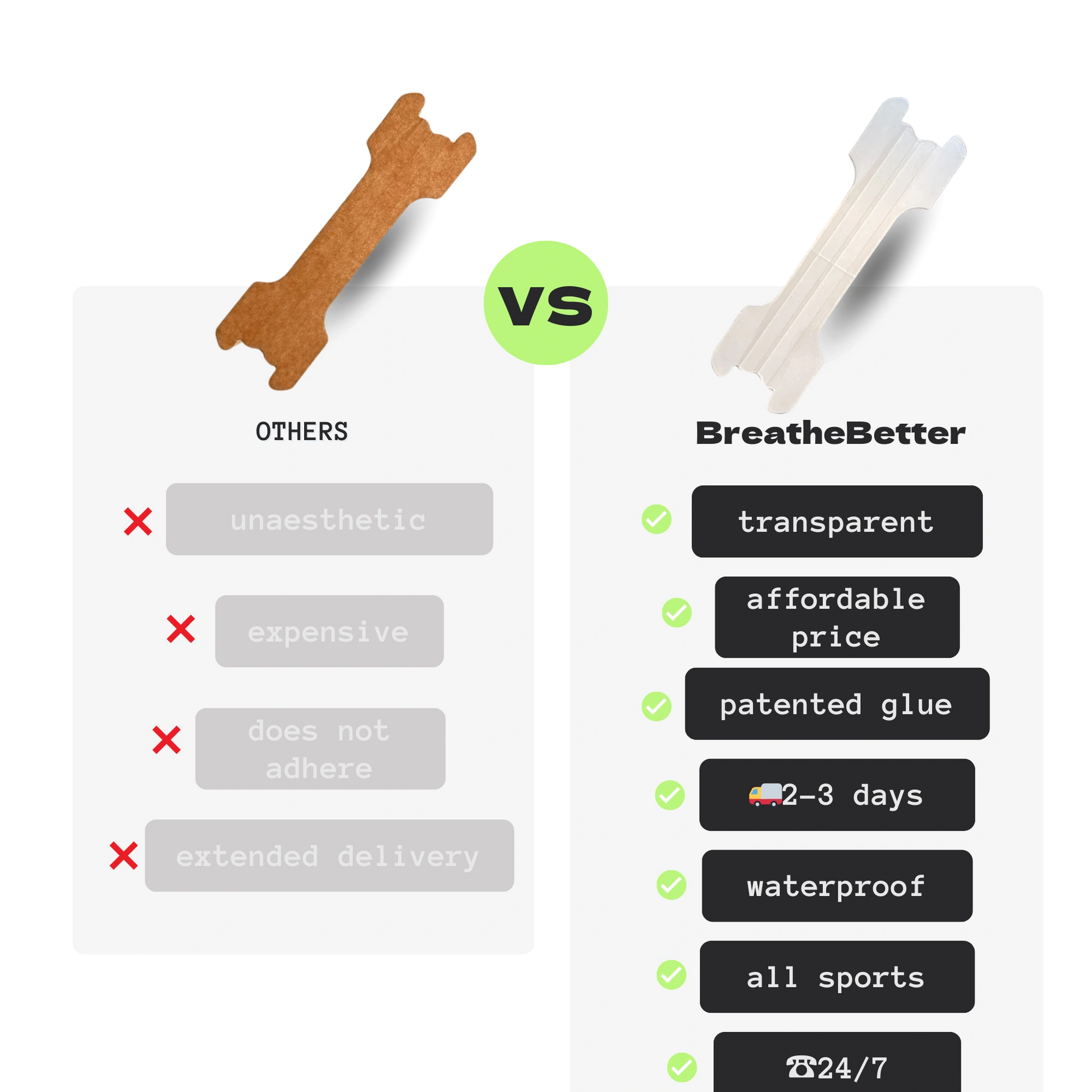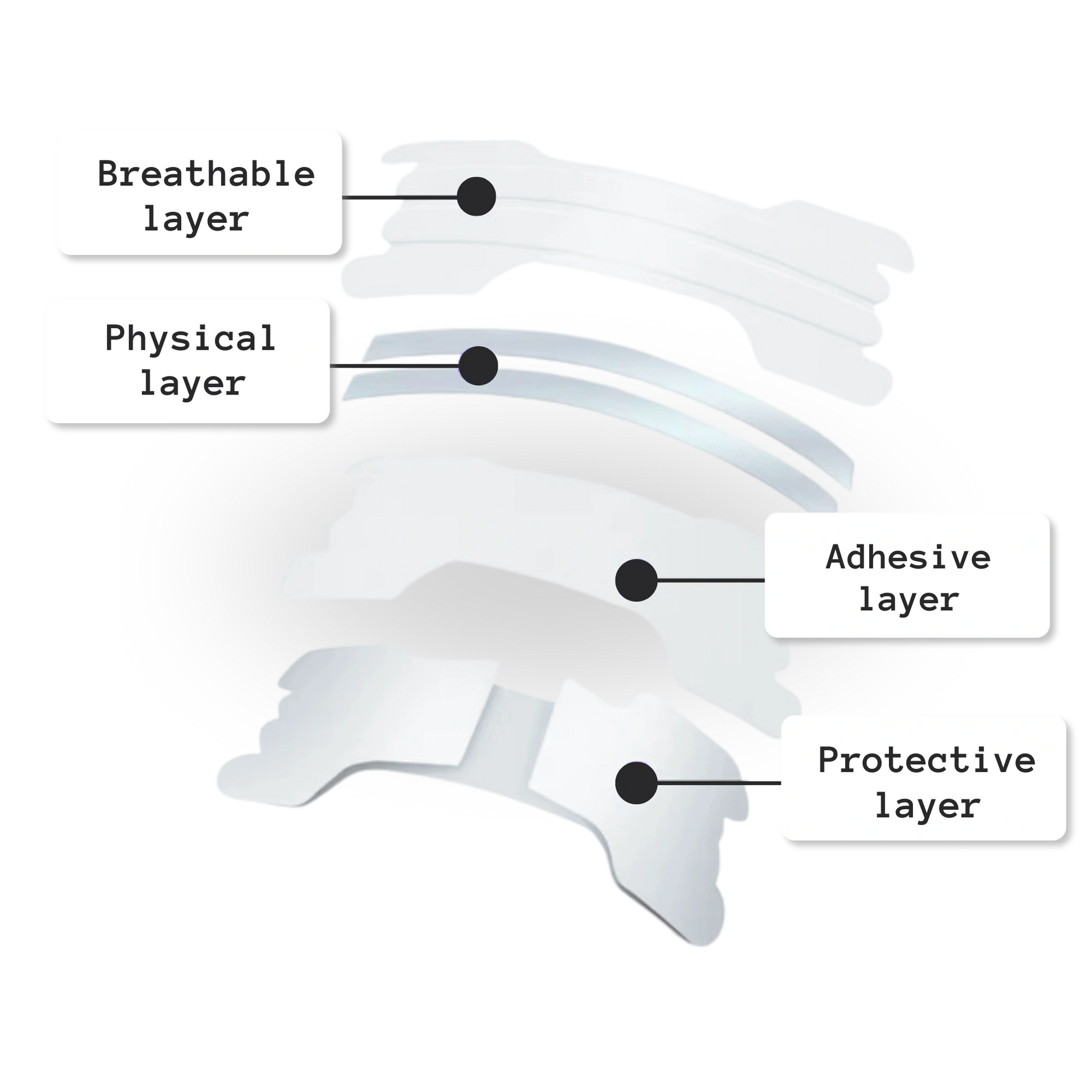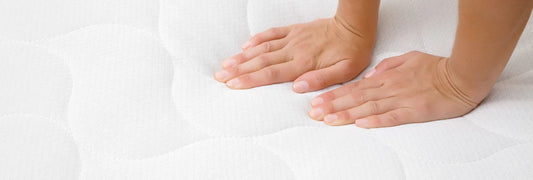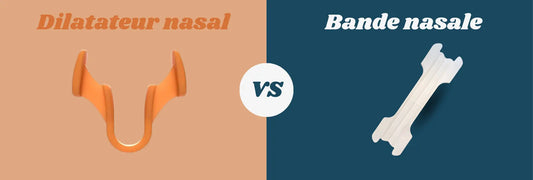Do you regularly suffer from dry mouth and are looking for effective treatments to resolve this annoying problem? Xerostomia can seriously impact your daily life, causing discomfort and difficulty speaking or swallowing. Fortunately, several natural and medical solutions exist to restore salivary balance and improve your quality of life. In this article, discover the most effective treatments to say goodbye to dry mouth for good. For more health tips, visit our BreatheBetter blog.
In summary:
- Hydrate regularly to stimulate saliva production.
- Use natural remedies (green tea, aloe vera).
- Limit alcohol, caffeine and tobacco.
- Use saliva substitutes or sugar-free chewing gum.
Why do I have a dry mouth?
Xerostomia , or dry mouth, occurs when the salivary glands do not produce enough saliva. This can be caused by several factors: medications, dehydration, aging, or certain medical conditions such as diabetes.
Effective treatments to relieve dry mouth
Regular hydration
Drinking water throughout the day remains one of the simplest and most effective ways to reduce dry mouth. Aim for regular consumption in small amounts.
Recognized natural remedies
Green tea infusions or aloe vera applications are known for their moisturizing and soothing properties. These natural solutions help stimulate the salivary glands and reduce oral irritation.
Sugar-free saliva substitutes and chewing gum
Gel or spray saliva substitutes mimic natural saliva and provide immediate comfort. Chewing sugar-free gum is also recommended, as it mechanically stimulates saliva production.

BreatheBetter Nasal Strips Reviews
"Since using BreatheBetter nasal strips, I've noticed a marked improvement in my sleep. My mouth feels less dry when I wake up!" — Julia, 42.
"This product is effective for breathing better at night. I rarely wake up with a dry mouth. I highly recommend it." — Marc, 35.
To get a good night's sleep and limit the discomfort of dry mouth, discover our range of nasal strips here.
Good habits to adopt against dry mouth
- Avoid alcoholic drinks and caffeine, which dry out the mouth.
- Choose a diet rich in fresh fruits and vegetables.
- Practice good oral hygiene (regular brushing, suitable mouthwash).
Dry mouth can be effectively treated with a combination of natural remedies, healthy eating habits, and proper hydration. Adopting these simple solutions can quickly restore daily comfort and well-being. For more practical advice, check out our complementary articles on oral health and sleep on our BreatheBetter blog.


